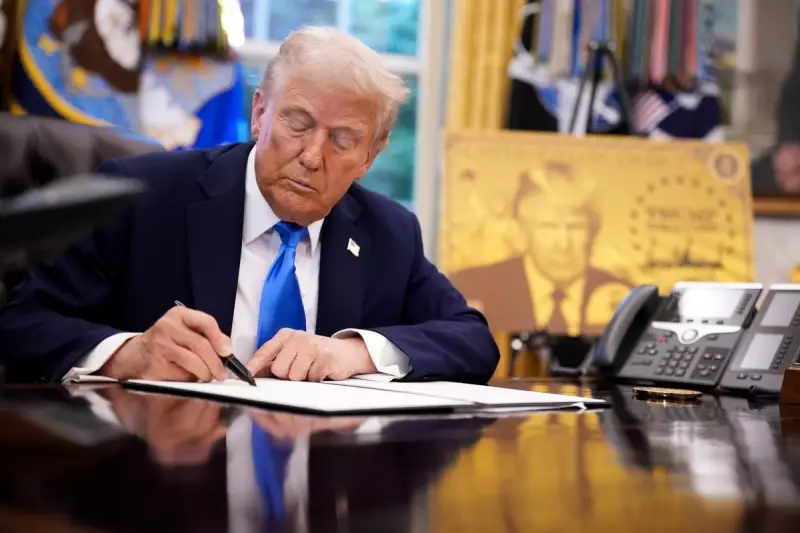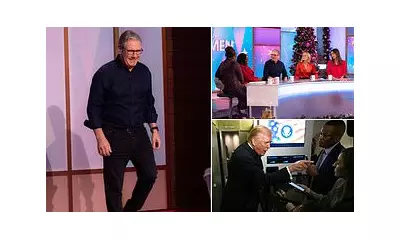
In a bold policy proposal that could reshape US immigration, former President Donald Trump has announced plans to dramatically increase government fees for H-1B and other foreign work visas. The revenue generated would be directed towards funding a signature campaign promise: the construction of a wall along the US-Mexico border.
The proposal, detailed during a recent speech, forms a key pillar of Trump's hardline immigration agenda. It specifically targets visas popular with skilled workers, particularly in the technology sector, which employs a significant number of foreign nationals on these permits.
The Financial Mechanics of the Plan
The core of the initiative involves imposing a substantial new fee on all work visas granted to foreign nationals. This isn't the first time such an idea has been floated; a similar proposal was made during Trump's first term but failed to be enacted into law.
This policy is explicitly designed to make US companies think twice about hiring foreign talent, framing it as a measure to protect American jobs. The funds, however, have a specific destination: financing the continued development and maintenance of a physical barrier at the southern border.
Potential Impact on Businesses and Workers
This policy would have significant ramifications for a wide range of industries. The tech sector, which is a major user of the H-1B visa programme to recruit global talent in specialised fields, would likely face considerably higher operational costs.
For British nationals and other foreign professionals seeking to work in the United States, the plan signals a potentially more expensive and restrictive pathway. Increased fees would add another layer of financial burden to the already complex and costly process of obtaining US work authorisation.
Critics of the plan argue that it unfairly punishes legal immigration channels and could hinder US competitiveness by making it more difficult for companies to attract the world's best and brightest. Proponents view it as a necessary step to bolster border security and prioritise American workers.
As the 2024 presidential election cycle heats up, immigration policy remains a central and deeply divisive issue. This proposal solidifies Trump's stance and sets the stage for a vigorous debate on the future of legal immigration in the United States.





